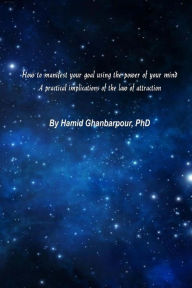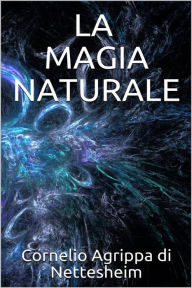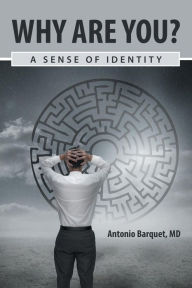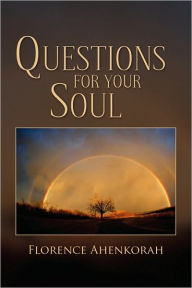The Mystical Qabalah: A guide to the Sephiroth
by Dion Fortune
2020-05-26 04:27:36
The Mystical Qabalah: A guide to the Sephiroth
by Dion Fortune
2020-05-26 04:27:36
Dion Fortune was a noted and controversial occultist, ceremonial magician and novelist. In 1919, she joined the Alpha and Omega Lodge of the Stella Matutina, an outer order of the Hermetic Order of the Golden Dawn, she remained a highly influential f...
Read more
Dion Fortune was a noted and controversial occultist, ceremonial magician and novelist. In 1919, she joined the Alpha and Omega Lodge of the Stella Matutina, an outer order of the Hermetic Order of the Golden Dawn, she remained a highly influential figure over Western esotericism and the counterculture. One of her most famous books is The Mystical Qabalah, in which she discusses the Western esoteric tradition and how the Qabalah is used by modern students of the Mysteries (Four Worlds, Sephiroth, ritual initiation...) . This is a valuable book to anyone interested in occult studies. Excerpt: The primary conformation of the Tree is into three Pillars. It will be observed by reference to the diagrams that the Sephiroth readily lend themselves to this threefold vertical division, for they are arranged in three columns. These are called the Right-hand Pillar of Mercy, the Left-hand Pillar of Severity, and the Middle Pillar of Mildness or Equilibrium (see Diagram I).4. Before proceeding any further we must make clear the significance of the right and left sides of the Tree. As we look at the Tree in the diagram we see Binah, Geburah, and Hod upon the left side, and Chokmah, Chesed, and Netzach upon the right side; this is the way we view the Tree when we are using it to represent the Macrocosm. But when we are using it to represent the Microcosm, that is our own being, we, as it were, back into it, so that the Middle Pillar equates with the spine, and the Pillar that contains Binah, Geburah, and Hod with the right side, and the Pillar that contains Chokmah, Chesed, and Netzach with the left side. These three Pillars can also be equated with the Shushumna, Ida, and Pingala of the Yoga system.
Less


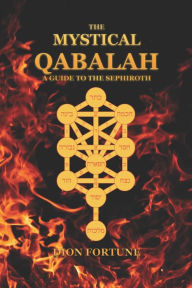





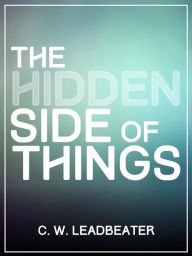

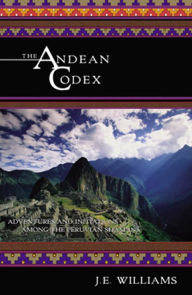

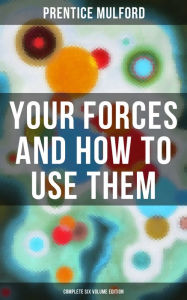



, by Sir James George Frazer EBOOK COVER.jpg)





